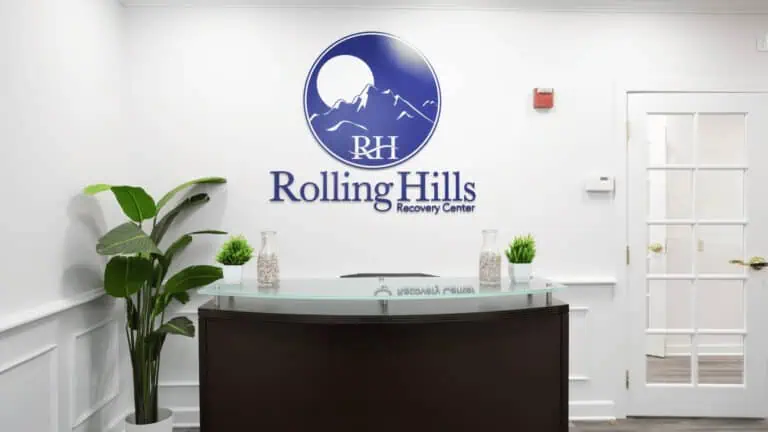Alcohol treatment applications perform a essential role in assisting people obtain and keep long-term sobriety. With concerns about liquor misuse on the increase, more individuals are seeking powerful alternatives that rise above short-term cleansing and support sustained wellness. This article examines the trending benefits of contemporary alcoholism treatment nj applications, concentrating on the positive outcomes that travel recovery statistics upward and give aspire to numerous individuals and their families.

Why Concentrate on Long-Term Sobriety?
Sustaining sobriety is all about more than just ending drinking. It's about creating a new basis forever that minimizes the chance of relapse and assists people reclaim their well-being, relationships, and productivity. The most effective liquor rehab applications provide a organized method that supports each stage of this transformation. Knowledge demonstrates ongoing treatment is central to creating sobriety last; individuals who take part in detailed therapy are somewhat less inclined to relapse within the first year in comparison to people who attempt self-directed quitting.
Crucial Benefits of Liquor Rehab Applications
1. Detailed Medical Support
Effective rehabilitation programs mixture medical knowledge with compassionate care. Skilled checking during withdrawal keeps individuals safe and comfortable through probably the most complicated early times of recovery. According to recent health statistics, medically supervised detox advances the likelihood of completion and reduces the risk of problems when compared to unaided withdrawal.
2. Evidence-Based Treatments
Current rehabilitation styles highlight the efficiency of evidence-based solutions such as for example cognitive-behavioral treatment (CBT), motivational interviewing, and party counseling. Such remedies help persons understand their triggers, control cravings, and build sensible strategies for sober living. Studies suggest that involvement in treatment during and following treatment leads to raised outcomes and higher pleasure with the healing process.
3. Peer and Neighborhood Support
Reference to the others facing related challenges is one of the best predictors of lasting sobriety. Party treatment, alumni groups, and help systems offer a sense of belonging and accountability. Research indicates that individuals who interact with healing neighborhoods are more prone to report sustained sobriety at follow-up periods of 6 months, one year, and beyond.
4. Individualized Recovery Plans
Not absolutely all healing journeys are the same. Modern rehab applications highlight individualized treatment ideas tailored to personal history, co-occurring problems, and unique life circumstances. Individuals benefit from one-on-one assessments that notify ongoing care, making the process equally far better and more empowering.
5. Life Skills and Relapse Reduction

Long-term achievement in sobriety suggests adopting new behaviors and coping skills. Programs significantly present teaching in strain management, communication, employment readiness, and balanced routine-building. Data suggests that relapse prevention teaching, offered as part of treatment, decreases relapse prices by as much as 40% in the important post-treatment period.
6. Combined Analysis and Integrated Attention
Several members battle with equally material use and different mental wellness issues. Major liquor rehabilitation programs offer usage of integrated attention, realizing that addressing nervousness, depression, or injury alongside habit offers the best chance at sustainable recovery. New trends indicate that double analysis treatment designs are associated with increased retention and improved psychological outcomes.
7. Ongoing Aftercare and Help
Correct recovery is a lifelong commitment, and aftercare solutions are imperative to sustaining the development built during rehab. These may contain outpatient therapy, sober living situations, telephone check-ins, and digital resources. Reports reveal that persons definitely engaged in aftercare are around 50% less likely to relapse in the initial two years following treatment.
